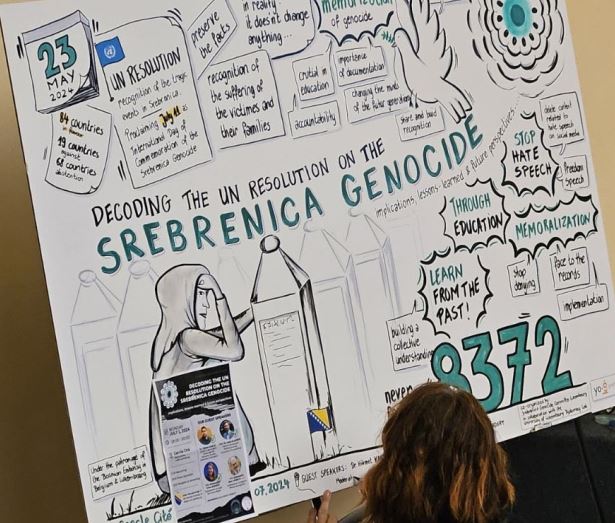As the Dayton Peace Agreement marks its 30th anniversary, this masterclass offers a critical and multidisciplinary exploration of its legacy-beginning with the genocide in Srebrenica and extending to the complex peacebuilding challenges that persist today. While Dayton effectively ended one of the most violent conflicts in post-Cold War Europe, the political architecture it created continues to generate deep divisions and hinder progress toward functional governance, reconciliation, and democratic development in Bosnia and Herzegovina.
Bringing together insights from political science, international law, and peace and conflict studies, this session will:
• examine how the Dayton Agreement aimed to bring an end to the war but has also left lasting challenges in fostering lasting political stability and reconciliation in Bosnia
• address the continuing political gridlock in the region, the efforts at post-genocide recovery, and the uncertain future ahead
• offer a critical perspective on the lessons learned from Srebrenica and Dayton, and the path forward for peacebuilding and political resolution
The masterclass invites students, scholars, and practitioners to engage in a timely dialogue on justice, memory, and the future of post-conflict societies in the Western Balkans.
